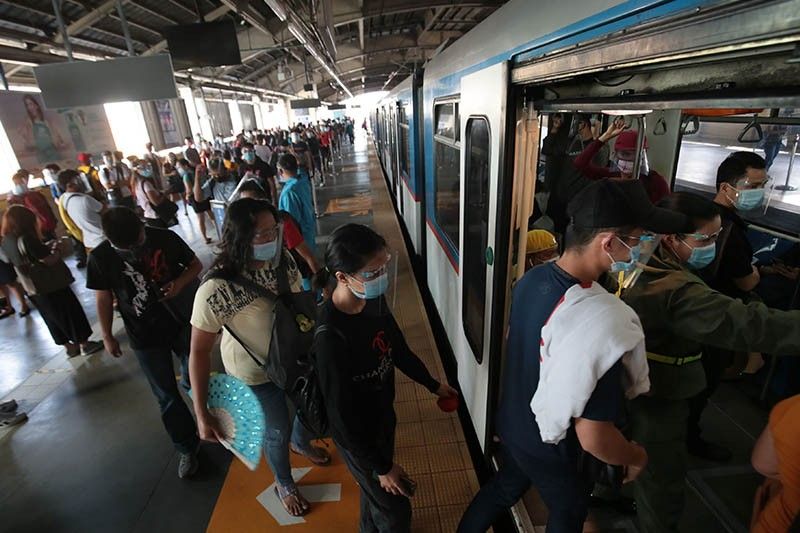The powerful escaping crime hurt Philippines' economic freedom

MANILA, Philippines — Corruption, bureaucratic red tape, and preferential treatment of the powerful compounded increasing trade barriers to pull down the Philippines in the latest annual gauge of economic freedom.
The country dropped three places to rank 73rd out of 184 nations included in the Heritage Foundation’s Economic Freedom Index this year released on Thursday. At that place, Manila is considered to be “moderately free” in terms of economic and business climate.
The index by the conservative US think tank measures economies’ freedom using 12 indicators from rule of law to state intervention and taxes. While perception of the Philippines did not necessarily change qualitatively, a decline by three places was nonetheless significant considering a shorter list this year from 186 last year.
Hong Kong, placed under tight China grip that dramatically curtailed freedoms in the once center of business, was removed from the list, together with Macau, another Chinese territory. Overall, Singapore dominated this year's global economic freedom ranking, followed by New Zealand, and Australia. Yemen and North Korea were at the bottom.
“Of special concern are weaknesses in the judicial system and the government’s failure to counter ongoing corruption effectively,” Heritage Foundation said in a statement on its website.
“There is little accountability for powerful politicians, big companies or wealthy families,” the think tank said.
Findings of persistent corruption is a blow to the Duterte administration that for the past 5 years, has built on a narrative toward eradicating both hindrances. President Rodrigo Duterte himself has been using late-night public speeches meant for pandemic response to fire state officials allegedly involved in corruption despite numerous instances of some escaping accountability for violating the simplest lockdown rules.
Difficulties in commerce are also bad news especially with an Ease of Doing Business Law already enforce for the past 3 years to improve corporate atmosphere. In January, a new law allowing Duterte to drop permits was likewise enacted, although there is little evidence it has been effectively implemented yet.
Since 2017, the Philippines has been sliding in the index, save for last year’s brief recovery. For this year, Heritage Foundation pinned the blame on “over 200 non-tariff barriers” that have hampered trade even as the country had tried to open up the economy more, most notably through the rice liberalization law in 2019.
As a result, trade freedom in the Philippines dropped 7.4 points to 74.2 this year, even as investment and financial freedom— which measure credit access, among others— remained steady at 60 each.
Sought for comment, Trade Secretary Ramon Lopez was curious what led to the drop. “(I’m) wondering their basis because we don’t have any tariff increase recently,” he said in a Viber message.
Regulators were also assessed to have loosened their grip this year as far as hiring is concerned learning to 0.3 point improvement in labor freedom. Stable prices, at least during the assessment period, pushed up monetary freedom 1.8 points to 68.7.
These improvements, however, were partially offset by a 1.3-point dip in business freedom due to high power costs and because “the recovery rate when resolving insolvency has dropped.”
Firms were also evaluated to have lesser tax burden, which is likely to continue over the next year with the impending passage of the Corporate Recovery and Tax Incentives for Enterprises (CREATE) bill awaiting Duterte’s signature. That bill will slash corporate income taxes to 25% from 30% currently.
Still, the Philippines lag behind enforcement of property rights, which the index said was “inadequate and sporadic.” Buying and registering a property is also costly and time-consuming.
“Courts are inefficient, biased, corrupt, slow and hampered by low pay, intimidation, and complex procedures,” it said. “Corruption and cronyism are pervasive.”
- Latest
- Trending

























